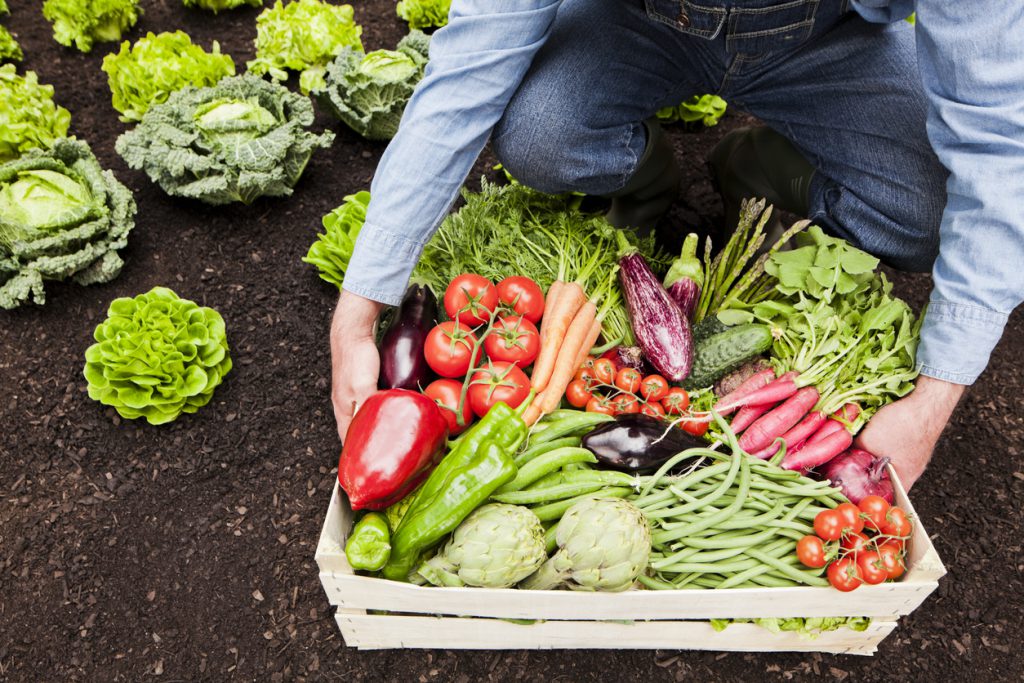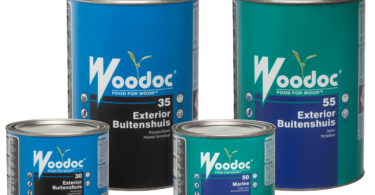How to turn your garden into a healthy and sustainable food source…
Super soil – “The most important factor when growing a vegetable garden is the soil,” says Grant Muller, owner and director of Seeds for Africa. “Vegetables are heavy feeders and need rich soil.” The more nutrient-rich your soil, the healthier and stronger your plants will be, plus they will show a better resistance to diseases and bugs. The key is to include a lot of organic matter in your soil, so get into the habit of composting. There are many types of composting bins on the market and it’s as easy as using kitchen scraps to start making ‘food’ for your garden. It’s also important to replace the nutrients every time you harvest what you’ve grown.
Size and location – Keep things simple by starting small. You’ll be far more satisfied with a small garden that is easy to care for, plus you can always expand as you get better at organic gardening. “Don’t feel that you need a huge piece of land space to grow your vegetables,” says Grant. “Vegetables can be successfully grown in containers and there are even vegetable varieties suitable for container growing, such as patio cucumbers, mini sweet bell peppers and many others.”
In terms of location, most of the main vegetable varieties enjoy a sunny spot (at least 8 hours of full sun a day) that is protected from the elements like wind and where water is in ample supply. Follow planting guidelines so that you plant your seeds and/or seedlings according to the recommended depth and spacing. Proper plant spacing will also make it easier to access your crops when it’s time to harvest them.
It’s all in the timing – “Decide what vegetables you want to grow and which time of the year is best to do so, as this will help you avoid food wastage and unnecessary costs by planting the wrong thing at the wrong time,” says Grant. There are many online resources to help you with this, such as www.gardenate.com. Simply set your climate zone to South Africa from the dropdown box on the home page and it will list what you can plant each month and even what to prepare for planting the following month.
TLC is key – Organic gardening is a ‘philosophy’ of gardening that supports the health of the whole system. And the secret to a flourishing organic garden is time, love, care and a good dose of patience. A healthy, thriving food garden needs time to take root. Accept that some crops will do well, while others will fail; that you will make mistakes along the way, but also that you will learn from them. Regularly water and weed your garden, keep feeding your soil and watch out for pests and disease, so you can nip them in the bud early on.
Get the app – Whether you choose to use traditional row planting, containers, raised beds or square-foot gardening, the Garden Planner app available at www.growveg.co.za adapts to suit your gardening style. You can draw out your vegetable beds, add plants and move them around to get the perfect layout. The journal makes keeping track of your progress quick and easy. Take photos outside and upload them along with written notes right from your phone or tablet. Record when you planted or last watered, diagnose problems and see how much you’ve harvested. Plant-growing guides, pest-identification guides and a selection of video guides have all the information you need.
Easiest vegetables for beginner gardeners:
• Carrots
• Cucumbers
• Beans
• Lettuce and salad greens
• Onions
• Peas
• Peppers
• Radishes
•Tomatoes
Recommended resource:
“The simple process of taking some tiny little seeds that look like grains of sand, putting them in the ground and watching them grow into an abundant feast, is miraculous,” says organic gardening guru Jane Griffiths on her website, www.janesdeliciousgarden.com. Her site, blog and books show you just how easy and rewarding it is to achieve a flourishing food garden.
Images: iStock











Leave a Comment